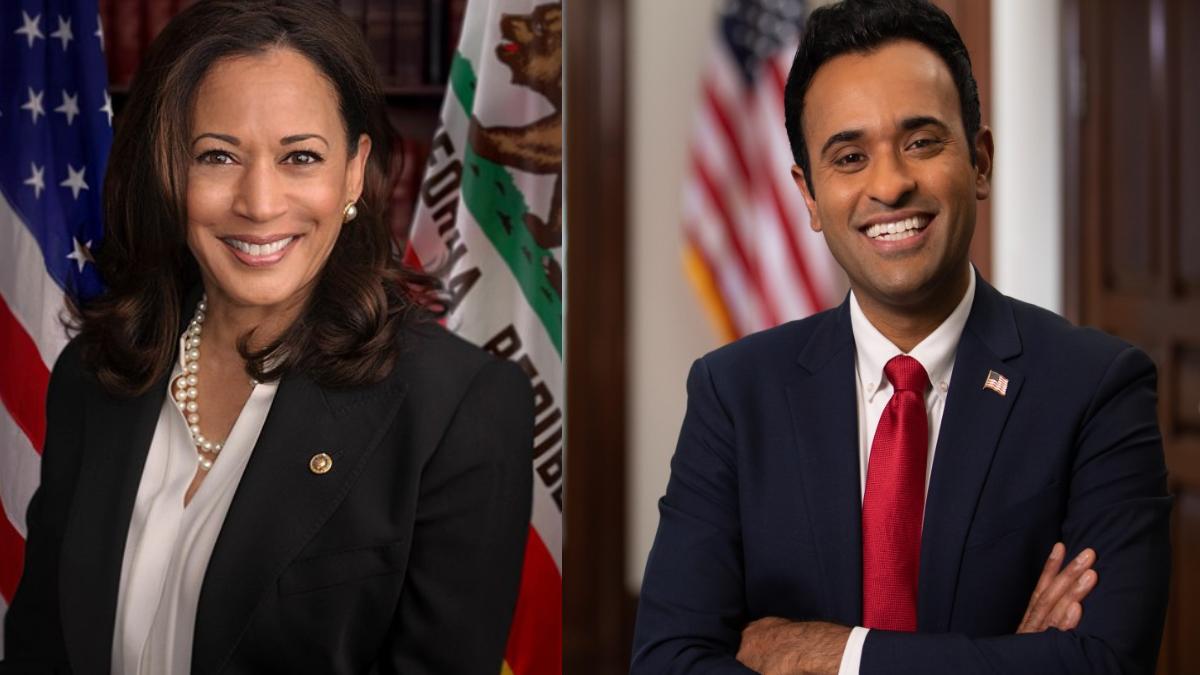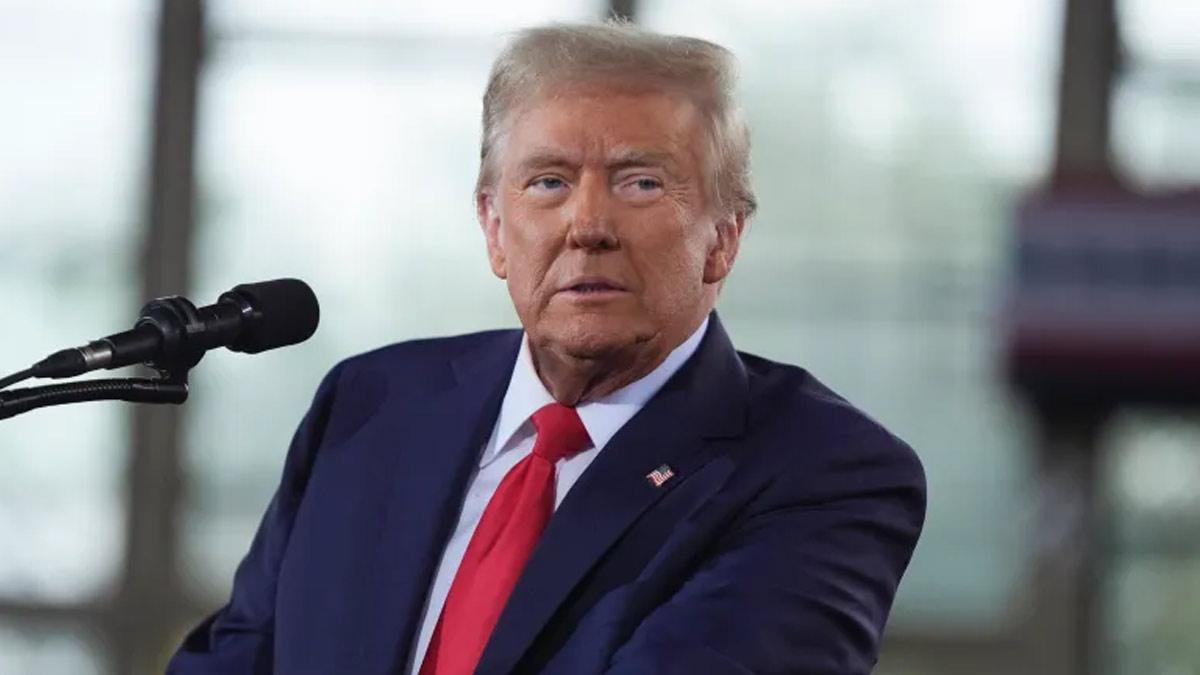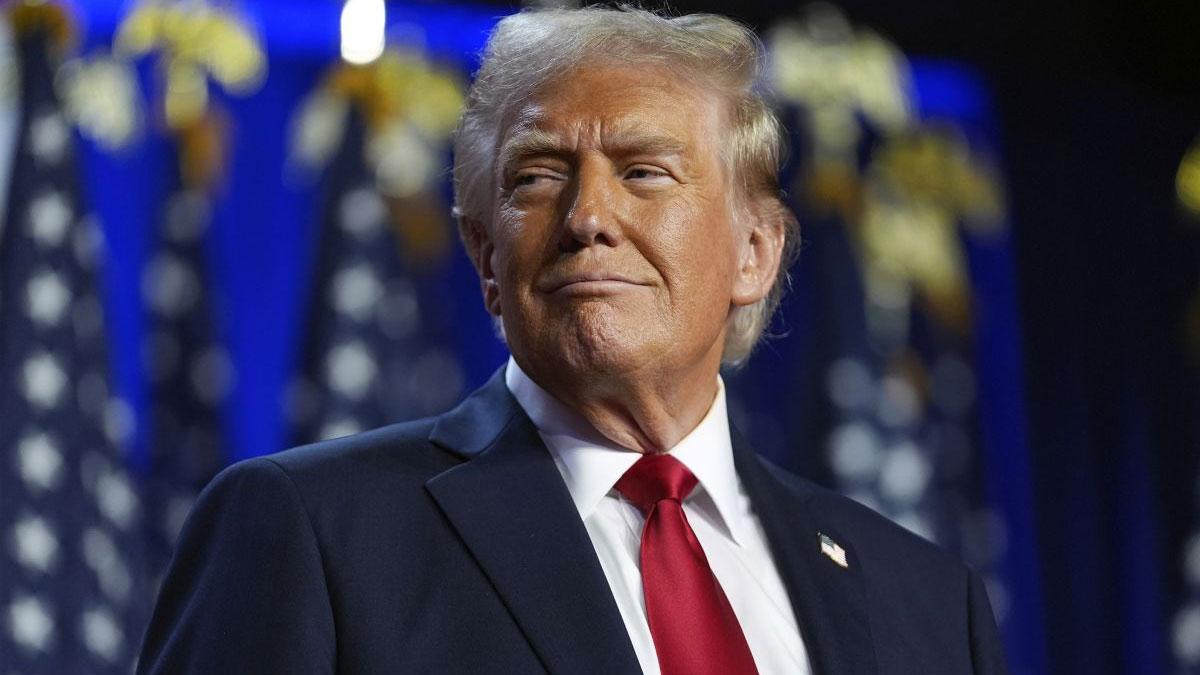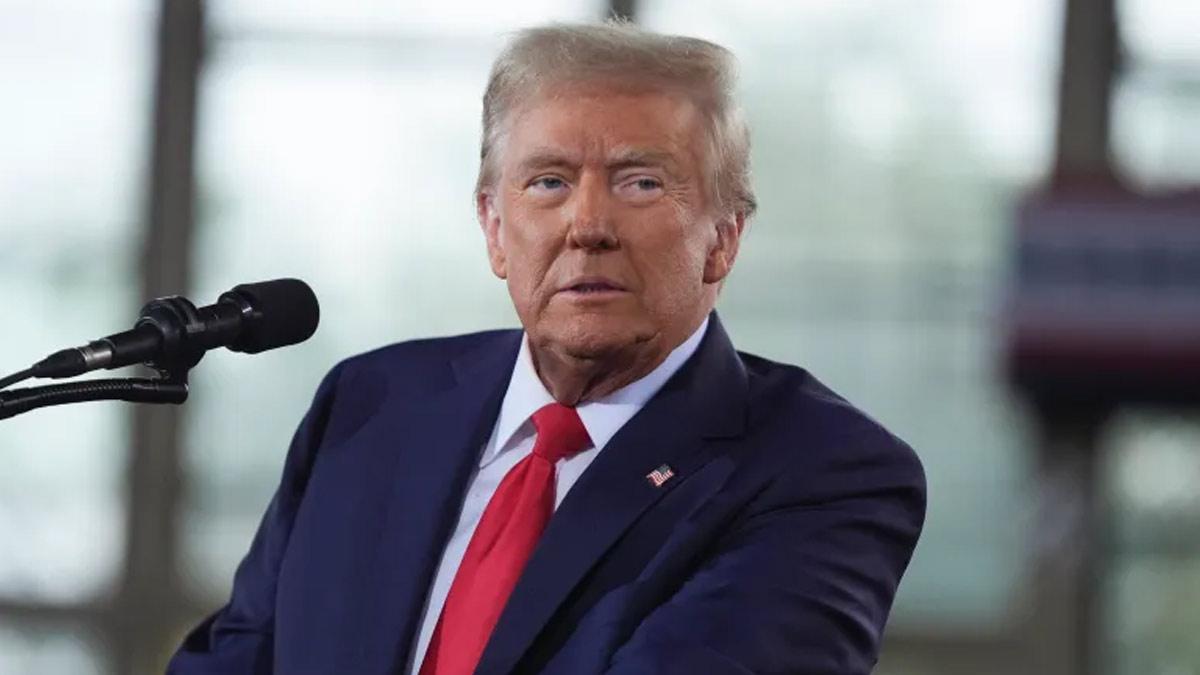As the United States prepares for the 60th quadrennial presidential election in 2024, nearly 20 candidates have entered the race, representing both sides of the political spectrum. Tensions loom over critical issues such as the economy, abortion, war, democracy, and foreign policy. Notably, four Indian-American candidates have stepped onto the national political stage, marking a significant moment in U.S. history.
Currently, President Joe Biden stands as the presumptive nominee for the Democratic Party, with Kamala Devi Harris, the first Indian-origin Vice President, as his running mate. Critics target Biden's age, framing a vote for him as a vote for Harris, who could become the first female President should anything happen to Biden, the oldest American President at 81.
On the Republican side, three candidates vie for the party's presidential nomination, including Nikki Haley, a prominent figure and the lone Indian-American in the race. Haley, a former South Carolina Governor, made history by challenging Donald Trump, the dominant force in the Republican field. Recent polls indicate that Haley currently holds a larger lead over President Biden than both Trump and Florida Governor Ron DeSantis in potential head-to-head matchups.
Haley, a staunch supporter of Israel and an advocate for cracking down on China's influence on the U.S. economy, aims to revive Trump-era policies, such as the "Remain in Mexico" policy and defunding sanctuary cities to address illegal immigration.
In the Republican primary debates, another Indian-American, Vivek Ramaswamy, provided formidable opposition to Haley. Despite a confrontational exchange of words, Ramaswamy exited the race on January 15, endorsing Trump and fueling speculation about becoming Trump's running mate.
Two other Indian-American candidates, aerospace engineer Hirsh Vardhan Singh and scientist-entrepreneur Shiva Ayyadurai, did not gain significant traction in the race.
Ayyadurai, a Mumbai-born independent candidate, emphasized his commitment to serving America beyond partisan lines, aiming to deliver solutions free from corruption and crony capitalism. Singh, a lifelong Republican, focused on constitutional carry, pro-life conservatism, and combating perceived threats from big tech and big pharma.
While Singh labeled Trump as the "greatest president of my lifetime," the Indian-American candidates collectively represent about 1.3% of the U.S. population, symbolizing a noteworthy shift in American politics and inspiring future generations and minorities to engage in public service. The upcoming primary elections in New Hampshire and South Carolina will likely shape the trajectory of the Republican presidential race between Haley and Trump.
(With Agency Inputs)
ALSO READ | Not the Almighty, but the alternative: Joe Biden
ALSO READ | Donald Trump and Nikki Haley Gear Up for Critical Battle in New Hampshire Primary


















